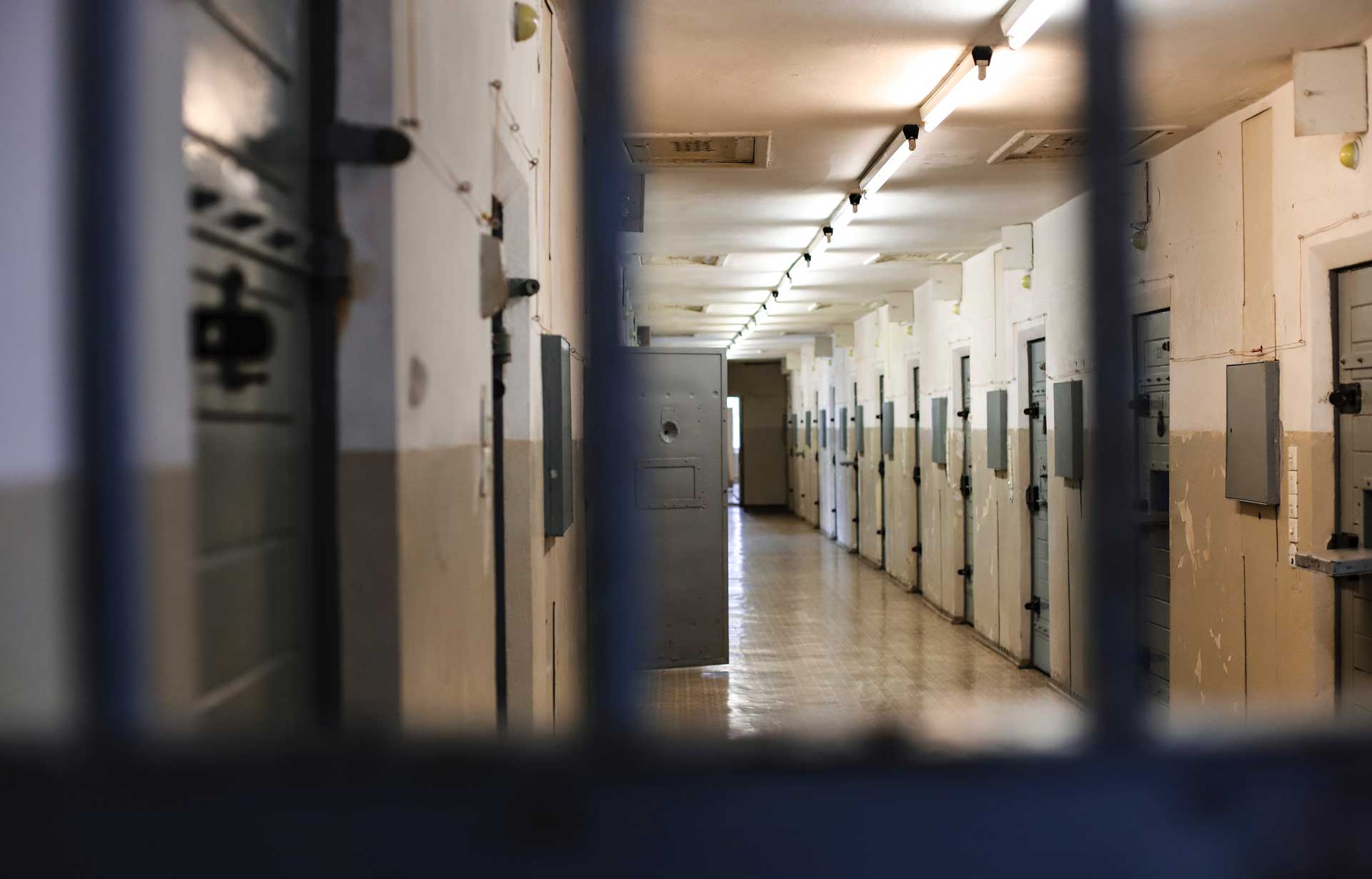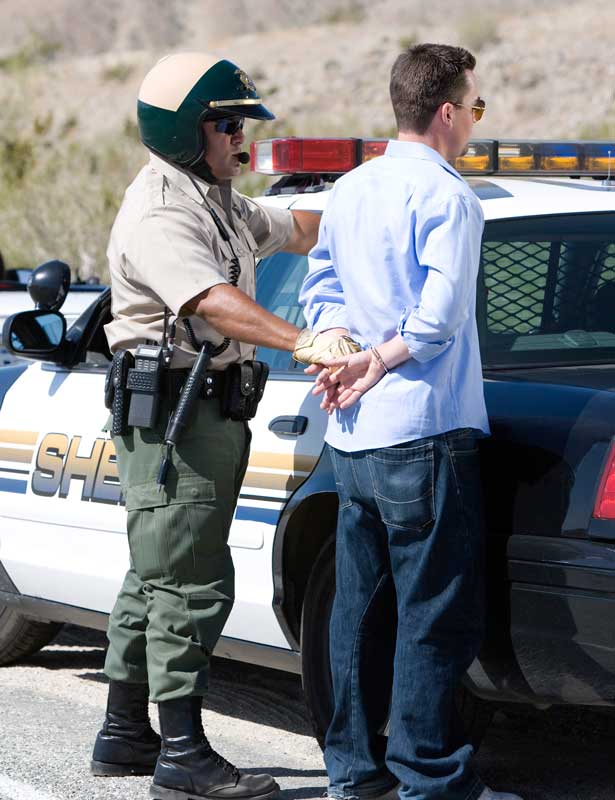Criminal Defense
Criminal Defense
When facing criminal charges in Florida, it’s important to understand the process and make informed decisions. You are presumed innocent until proven guilty, and you have the right to an attorney.
It’s crucial to consult with a seasoned Florida criminal defense lawyer like those at The Law Offices of Jeffrey Vivo, who can help build a strong defense strategy from the beginning.
Each stage of the process can impact the outcome of your case, so having legal guidance is essential. Working with an experienced attorney increases your chances of a favorable outcome, such as reduced or dismissed charges.
These are the sequence of events in a Florida criminal case:
1. Arrest or Notices to Appear: After being interrogated, charged, or arrested, it’s common to wonder about the next steps. It’s very important to remember that you are innocent until proven guilty. Contact a skilled Florida criminal defense lawyer as soon as possible to begin developing a strong defense strategy.
2. Booking: Following an arrest, you will be taken to the county jail for booking. This involves various procedures such as taking a booking photo, inventorying your belongings, and processing you at the jail.
3. First Appearance – Advisory: Within 24 to 48 hours of the arrest, you will attend a court appearance. The purpose is to present the charges, ensure you have an attorney, and determine bail. It’s essential to have legal representation during this stage to protect your rights and improve pretrial terms.
4. Arraignment: The arraignment hearing is where you submit a plea of guilty, not guilty, or no contest (nolo contendere). Even if you don’t intend to challenge the charges, entering a plea of not guilty provides your defense attorney more time to work on your case.
5. Formal Charges: If there is sufficient evidence, the prosecuting attorney files an «Information» listing the charges they will pursue. The charges may be more severe than those stated in the initial arrest report.
6. Discovery: Once your plea is filed, your defense attorney may request a «Notice of Discovery» and a «Demand for Jury Trial.» This obligates the prosecutor to provide evidence, and your attorney must also share relevant evidence they have obtained.
7. Pretrial Intervention: Depending on eligibility, you may qualify for a Pretrial Intervention Program (PTI). Non-violent offenders, first-time offenders, or those facing drug-related charges might be eligible. Completing the program can result in the dismissal of charges.
8. Motion to Suppress: If law enforcement violated procedures or your rights when collecting evidence, your attorney may file a Motion to Suppress Evidence. A hearing will determine if the evidence obtained unlawfully should be excluded from the case, potentially leading to a dismissal.
9. Preliminary Hearing (or Pretrial Hearing): During this hearing, the defense attorney discusses the case and presents evidence. The judge determines if there is sufficient evidence for probable cause. Successful challenges to the evidence or lack of probable cause could lead to reduced or dismissed charges.
10. Plea Bargaining/Plea Deal: If a plea agreement is not reached, the case proceeds to trial. However, if both parties agree, a plea bargain can be negotiated, typically during a pretrial hearing, resulting in a guilty plea to a lesser charge or sentencing.
11. Depositions: Before trial, your defense attorney may conduct depositions to gather information and assess potential weaknesses in the prosecution’s case. Depositions involve questioning witnesses, victims, or experts outside of court.
12. Criminal Trial: If no plea agreement is reached, the case proceeds to trial. It can be either a trial by judge or a trial by jury. Evidence is presented, arguments are made, and a verdict is reached. If found guilty, a separate sentencing hearing may be scheduled.
13. Acquittal or Sentencing: If acquitted, you are free to leave. If found guilty, the judge announces the sentence for misdemeanor convictions, while a separate hearing may occur for felony convictions. Both sides can present evidence to argue for a harsher or more lenient sentence.
Remember, this is a general overview, and the specific details of your case may vary. It is crucial to consult with a qualified Florida criminal defense lawyer who can provide personalized guidance and representation throughout the process.

